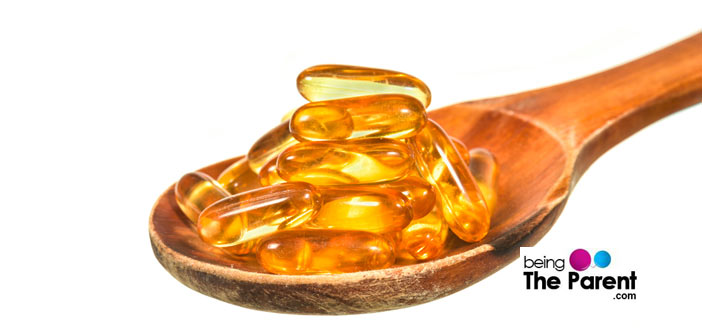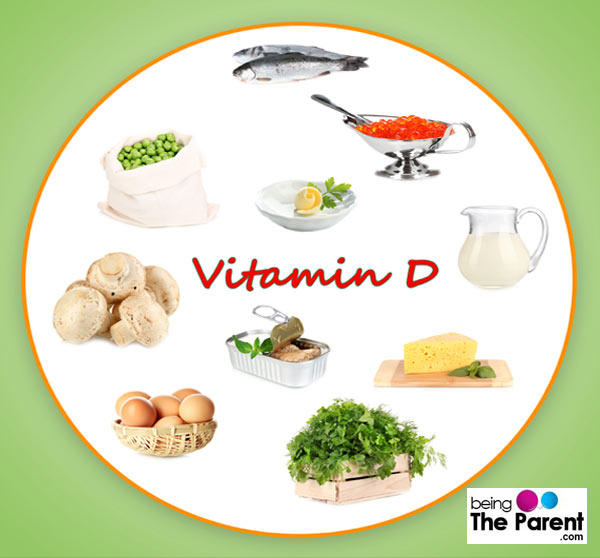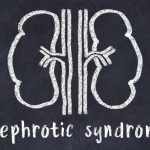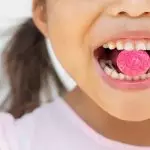
Vitamin D: The ‘Sunshine Vitamin’ – Deficiency, Sources, And Importance
5 min readWritten by Editorial Team


As a mother, you are very cautious about your child’s health and happiness. You might have vigorously searched for the best food for your child to ensure his health and well-being. You are aware that spinach is a good source of iron, which helps in forming blood and that carrot is good for his eyes; what about his teeth and bones? Are they going to stay strong throughout just by milk or by brushing teeth? NO! Calcium and Vitamin D are both required for healthy teeth and bones.
Why Does Your Child Need Vitamin D?
Vitamin D is a hormone produced by the body essential for the absorption of calcium. It is also called the ‘Sunshine Vitamin’ as 80% of the vitamin is built by the body when exposed to the sun. Calcium is a mineral that helps in the formation and maintenance of bones. 99% of calcium is stored in bones and teeth.
The bones are constantly broken down and rebuilt. If the calcium is low, it is reabsorbed by the body and used by muscles for functioning. If calcium is adequately present, then it is stored in teeth and bones. Now if the Vitamin D levels drop, teeth and bones are eroded of calcium content to ensure the proper functioning of other organs.
Calcium is required for proper growth and wear and tear of bones, otherwise, the bones will become brittle, thin, and deformed. Vitamin D helps in the absorption of calcium and phosphate.
Symptoms Of Deficiency Of Vitamin D In Children
Not many people experience prominent symptoms of deficiency of Vitamin D. Pains, aches, muscle weakness and repeated fractures signal the deficient of vitamin D. Even if you feel that your child does not have these symptoms, there is a chance that there is less Vitamin D in your child’s blood – as these symptoms are generally subtle. Even if there are no visible symptoms, deficiency of Vitamin D can pose serious health risks to your child.
How Does Vitamin D Deficiency Affect My Child?
Vitamin D deficiency can bring about,
- Rickets (deformity of bones), a skeletal deformity due to inadequate mineralization by bone tissue leading to soft bones which can be easily fractured
- Stunted height
- Increased risk of multiple sclerosis and periodontal (teeth-related) diseases
- Delayed motor development
- Severe asthma in children
Is My Child At A Risk Of Vitamin D Deficiency?
Children can be at a risk of having Vitamin D deficiency if-
- The family follows a strict vegan diet
- Have limited or very little exposure to the sun
- Keep all their skin covered
- Don’t consume milk
- Are dark skinned: ample presence of melanin pigment (which darkens skin) block absorption of Vitamin D
- Have been breastfed for a long time and have a mother who is also deficient in Vitamin D
- If the child is obese: multiple layers of fat hampers synthesization of Vitamin D. Another reason to get you and your kid moving so as not to miss on this essential nutrient!

How Much Of Vitamin D Is Needed?
Experts recommend approx. 10 mcg of Vitamin D per day for infants below 1 yrs and about 15 mcg for those above 1 yr. It’s difficult to gauge the amount of time to be spent in the sun to obtain the optimum level of Vitamin D, some suggest spending 5-30 mins. between 10 to 3 pm twice a week. Small amount of daily sun exposure, preferably in the early morning is recommended.
How My Child Get Enough Vitamin D?
Vitamin D can either be absorbed by exposing to sunlight, or by taking supplements. Not many foods contain Vitamin D so it is not possible to rely on diet alone.
-
- Vitamin D From Sunshine
So far, we are scared about skin cancer and tanning and thereby avoid sun exposure. However, the body starts forming Vitamin D hormone as it is exposed to the sun. Yes, getting this ‘Sunshine Vitamin’ is that easy, abundantly available and FREE! Most of the times, this procedure is restricted due to body being covered by clothes, slathered with sun block or certain environmental factors such as clouds and smog. However, sunlight is the best way to get Vitamin D if the deficiency is mild - Vitamin D From Supplements
For a severe Vitamin D deficiency, a doctor would recommend supplements along with getting some sun. You could make your child take one large, single dose, or you might make him take the supplement for weeks or months – as prescribed
- Vitamin D From Sunshine

- Vitamin D From Diet
It’s best to combine sun exposure with the below mentioned edible sources of Vitamin D:- Salmon, mackerel and tuna: these commonly available fishes are high in Vitamin D and also rich in omega 3 fatty acids
- Fish liver oil capsules
- Yogurt: try yummy flavours with chunks of real fruits
- Orange juice
- Milk: Skip the skimmed milk and try
- Almond milk
- Fortified with Vitamin D
- Whole milk
- Swiss Cheese
- Cereal and Whole grain foods such as bread and opt for cereals fortified with vitamin D
- Chicken and Eggs
- Beans
- Nuts
- Soya milk: look for those enriched with Vitamin D
- Tofu
- Bok Choy
- Almonds
Vitamin D During Pregnancy
While developing in the womb, a baby’s vitamin D’s stores go up, and they come down when the baby starts getting Vitamin D from sunshine and diet. If you have low levels of Vitamin D in your body, chances are that you may not be able to pass enough Vitamin D to your baby as well.
Vitamin D and Breastfeeding
Breast milk does not have much of Vitamin D in it, couple this with a mother who herself has lower levels of Vitamin D– the baby will just not get enough. You could speak to your doctor about this, who may recommend some tests and if you are found to be deficient, he may as well prescribe some supplements. You can continue to breastfeed if you have Vitamin D Supplements.
Infant formula, however, does carry higher levels of vitamin D, and usually do not need additional supplements.

Boosting Your Child’s Teeth and Bone Health By Sunshine
Less outdoor activity and sun exposure may cause rickets, bone pain and muscle weakness. In long run, this may lead to osteoporosis, i.e. deterioration of bone and low bone mass (strength). This is because less sun exposure implies insufficient formation of Vitamin D and thereby inadequate calcium absorption.
Vitamin D and sunlight also fights cavities and other periodontal diseases. It helps keep decays at bay due to increased immunity.
Unlike other vitamins, Vitamin D stays inside the body – the excess build up can be fatal. This can lead to calcification of tissue, apparently in kidneys (kidney stones), blood vessels and heart. This toxicity is more prominent in rampant use of dietary supplements.
So understand what’s best for your kid and make early morning exercise/play a must for him. Sunshine is the food and medicine for your kid’s body and soul!

Editorial Team,
With a rich experience in pregnancy and parenting, our team of experts create insightful, well-curated, and easy-to-read content for our to-be-parents and parents at all stages of parenting.Read more.
Responses (0)
Want curated content sharply tailored for your exact stage of parenting?
Related articles
Sponsored content
Discover great local businesses around you for your kids.
Get regular updates, great recommendations and other right stuff at the right time.











